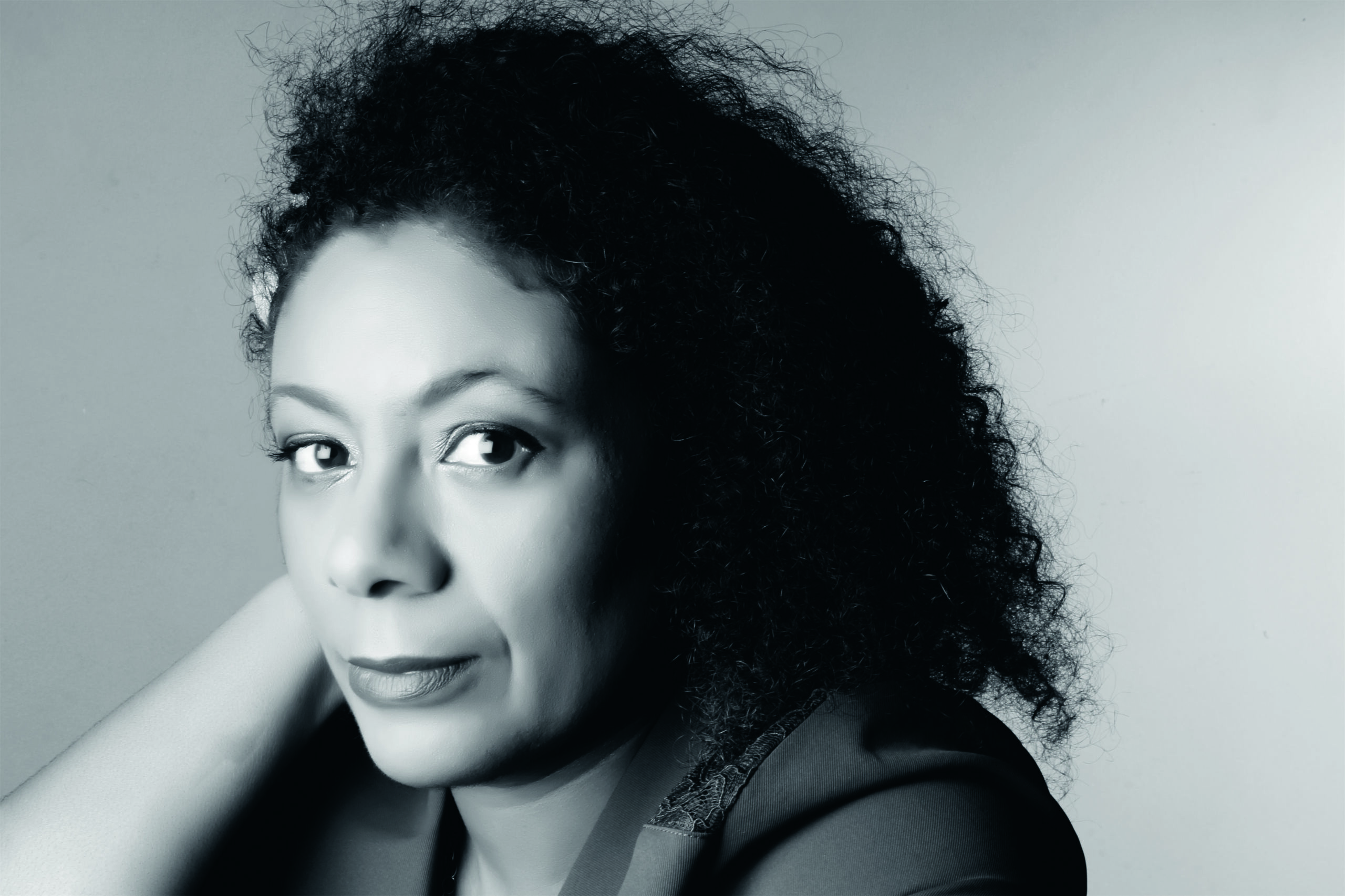The Big Issue has long championed the power and value of reading. We understand how it opens doors and changes lives. The evidence is clear and overwhelming. In the last week, the annual What Kids Are Reading survey of more than a million schoolkids across Britain and Ireland said less than a quarter of schools were setting enough time aside for reading.
I can’t remember a time before stories. I didn’t live with my mother until I was four. She became pregnant soon after coming to England and the stigma and lack of support for unmarried mothers in the Sixties meant that it was impossible for her to continue training as a nurse while looking after me. My wonderful foster mum, auntie Phyllis, taught me how to read and I was promptly joined up to the library in Whitehawk, in Brighton. A love of books was stamped into my brain.
My mum loved classics – Little Women, Heidi, The Wind In The Willows, Anne of Green Gables – reading them first and then not giving up until I read them too. Looking at it now, those stories were a way to bring us together after spending those first few years apart.
In stories, almost anything was possible. But there was one thing that seemed truly impossible – that any of the children enjoying these adventures looked like me.
I knew that children like me could be in stories. I was the first in my family to be born in the UK, but my mum was full of stories from Trinidad, richly embellished by my cousins and aunties when I first visited them when I was six. There were the stories of my mum, uncles and aunties growing up, but my head was also full of the mythical. There were Soucouyants, female shapeshifters who left their human skins under a stone, Papa Bois transforming into a stag to protect his forest and the Douens, the souls of unbaptised children with no faces who roamed the world forever. This wasn’t Mary Poppins, but in my imagination, these were the worlds where brown-skinned children could win the day.
I thought of young people who have to hide part of themselves.
The pleasure of sharing stories followed me into adulthood, from a teenager swapping Jilly Coopers and James Herberts with corners on certain pages turned down to the Stephen King horror exchanges with my best friend Lucy. Sharing stories also made me write stories. I’ve been trying to tell my own tales since I was very young and when I became published I thought of all the things I loved in those stories and all the things that had been missing. I wrote about Trinidadian children and Papa Bois. I retold the stories about Douens that had been told to me. As I wrote for older audiences, I thought about the young people who may be isolated or who may not feel their experiences matter. I thought of young people who have to hide part of themselves.









